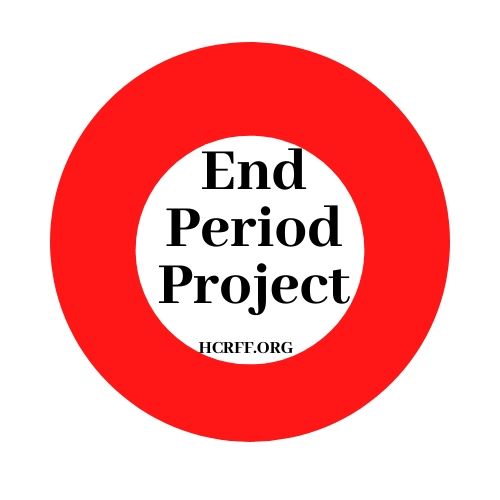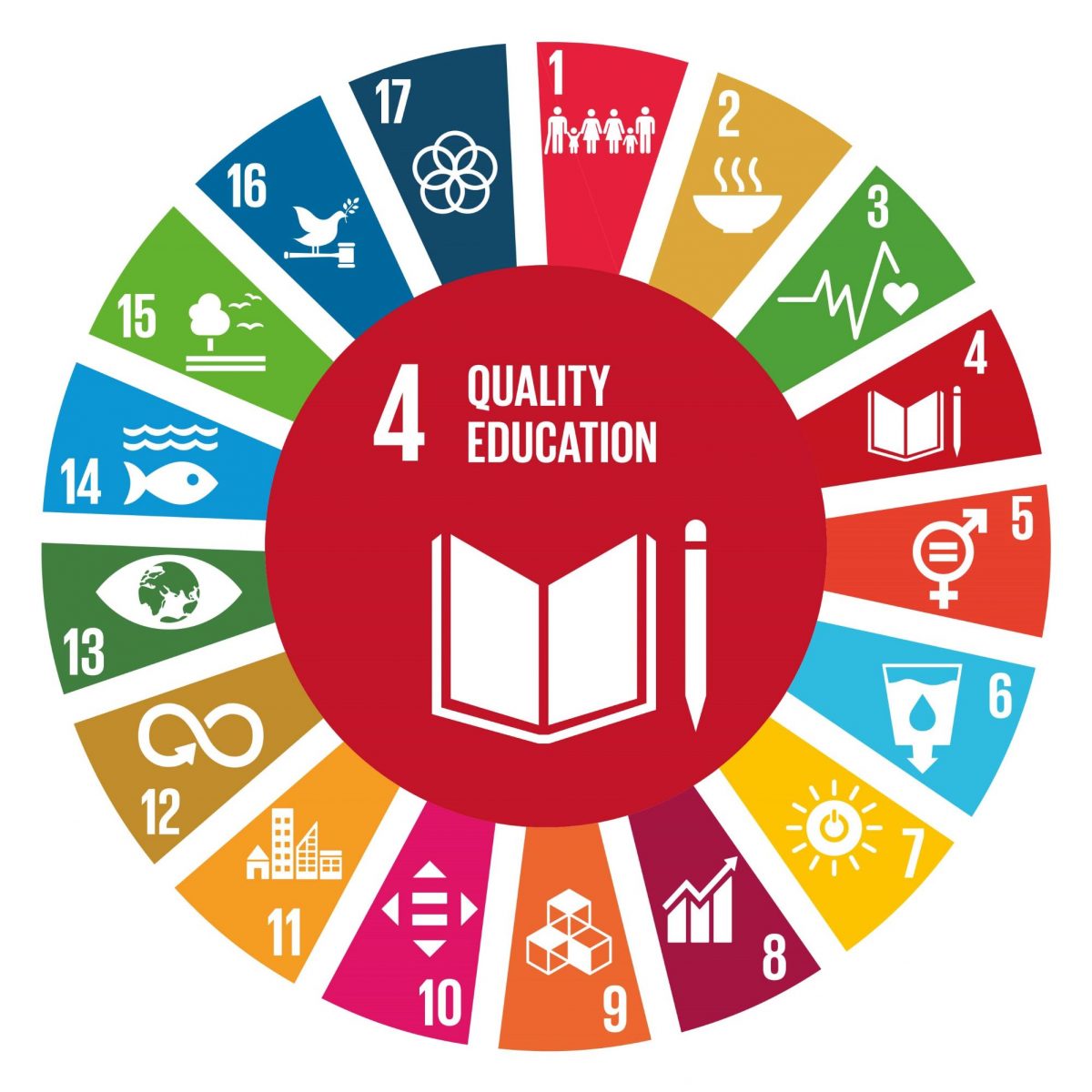End Period Project

End Period Project: Working to Menstrual Health Hygiene
Menstrual Hygiene Management (MHM) is defined as ‘Women and adolescent girls using a clean menstrual management material to absorb or collect blood that can be changed in privacy as often as necessary for the duration of the menstruation period, using soap and water for washing the body as required, and having access. Women and young girls who menstruate are ostracized from basic activities, like eating certain foods, or socializing, all over the world. The cultural shame attached to menstruation and a shortage of resources stop women from going to school and working every day. Period poverty is the lack of access to sanitary products, menstrual hygiene education, toilets, hand washing facilities, and, or, waste management.
They are five important reasons why it is important to maintain good hygiene during periods: Reduced Risk of Urinary Tract Infections: Using damp and dirty menstrual clothes or using a sanitary napkin for longer than 4 hours can act as a perfect environment for growth and multiplication of harmful bacteria and yeasts. Menstrual flow might occur every 21 to 35 days and last two to seven days. Your menstrual cycle might be regular — about the same length every month or somewhat irregular, and your period might be light or heavy, painful or pain-free, long or short, and still be considered normal.
Feminine hygiene products are either disposable or reusable. Sanitary napkins, tampons, and pantyliners are disposable feminine hygiene products. Menstrual cups, cloth menstrual pads, period panties, and sponges are reusable feminine hygiene products.
End Period Project Form




